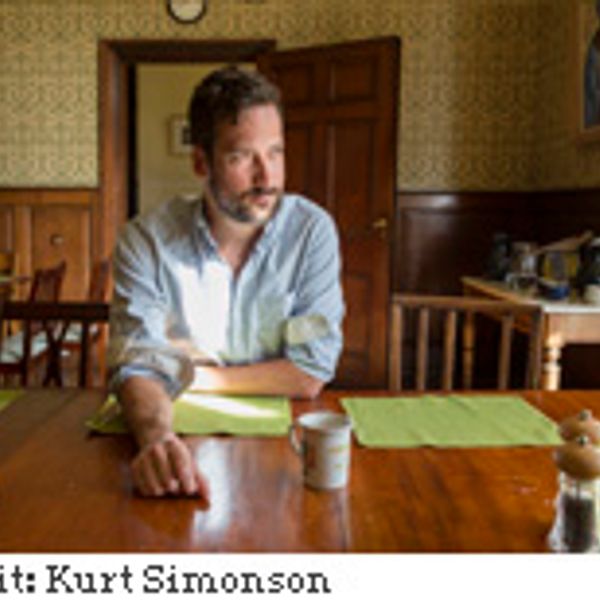Lia Purpura, Decaying Wood (detail), featured in AGNI 102
Lorca the Marginal on the Marginal
I read on a panel at Signal-Return letterpress in Detroit during banned books week this October. Taking a step beyond banned books, the panelists were asked to read work about or translated from authors who had been imprisoned, exiled, or killed. I read Federico García Lorca, a poet who wrote about the marginalized of society while being marginalized himself.
I worked up a version of “The Ballad of the Civil Guards” for the reading. It gave me chills delving into Lorca’s imaginings—a black-clad militia storming a festival, setting fires, shooting indiscriminately, assaulting and mutilating gypsy women and girls—knowing his fate at the hands of Franco’s soldiers, arrested and summarily executed on charges of socialism, freemasonry, and homosexuality.
The poem opens with civil guardsmen riding toward a city, their horses’ hooves muffled. Against this impending menace, Lorca sets a scene of surreal beauty and calm. City of cinnamon towers, of moons, pumpkins, and cherry preserves, / who could look at you and not be love-struck? The threat and the surreal festival meet when the civil guard enters the city—pandemonium ensues.
In October, the poem’s depiction of the wanton use of excessive force seemed immediate enough. Events since have brought to sharper relief the importance of Lorca’s poetic witness on the oppressed and disenfranchised. Lorca’s took its stand through poetry. He spoke for his beliefs, his lifestyle, and for the abused fringes of society. His brave outspokenness cost him everything.
Lorca writes about the aftermath of the raid—The soot, the ashes, the bodies, the mosquito song / of stray bullets—you will see them on our brows for years to come. Those silent marks on the body, the private griefs and pains that follow atrocities. His work brings those into the public sphere. It stands in the solidarity of witness. His time and place needed poets to speak up and ours does too. It’s always a time for witness.
I hope I’ve done some justice to Lorca’s vision and voice (I take comfort in the fact that he himself did experimental translations transmogrifying traditional Arab, Galician, and Andalusian sources), especially in his depiction of brutality and injustice. One of the things I love is how the act of devotion and deep reading that is translation brings me closer to another author. And in this, it’s also my hope that his vision of justice and witness can help me better speak to this time and place.

Matthew Landrum
Matthew Landrum is translation editor at Structo Magazine. His poems and translations have recently appeared in Michigan Quarterly Review, AGNI, Image Journal, and The Baltimore Review. He lives in Detroit, where he teaches at a private high school for students with Asperger’s syndrome and other social differences. (updated 10/2016)
